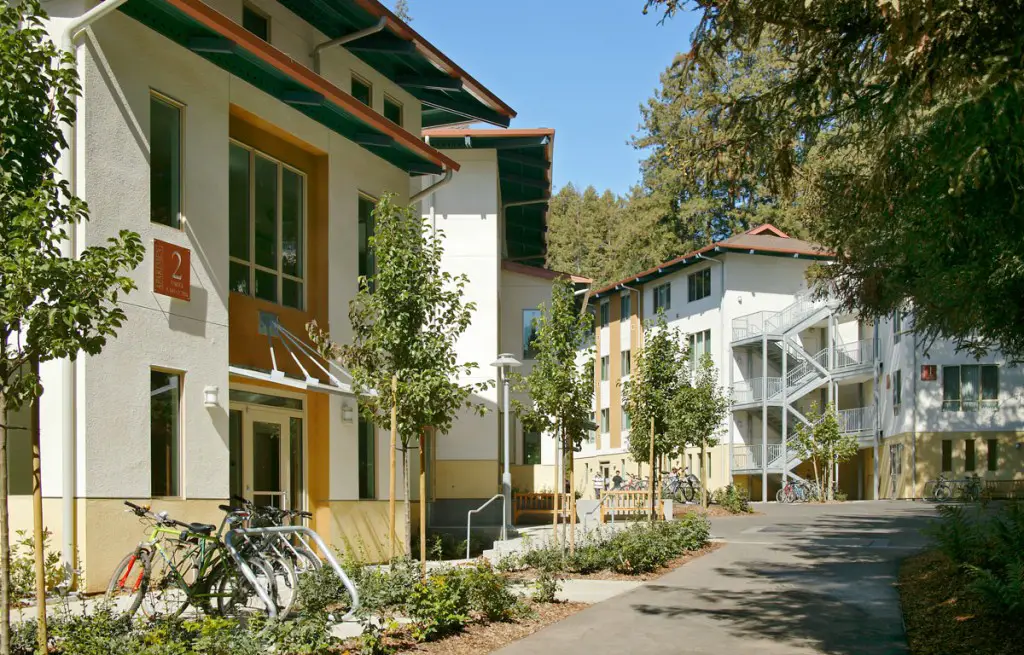Everyone talks about college being the first time for a lot of people to experience “true independence,” but my step-brother and I say that in reality, college students are just adults with training wheels. Sure, there are a lot of new opportunities to be independent and sure, students definitely have more responsibility than they did in high school, but there is still a pretty solid safety net of resources and guidance available. So when I was told that student organizations at Santa Cruz were “entirely student run,” I thought they meant ostensibly student run, that there was a student staff that made decisions that could be changed at the whim of an unknown faculty advisor. I couldn’t have been more wrong.
Student organizations at Santa Cruz are entirely student run.
Santa Cruz operates on what’s called the Student Agency Model, which gives students total control over their organizations, putting them on the same level as the staff and faculty. This model assumes that students are equally if not more capable of carrying out the missions of their orgs, and works incredibly hard to cultivate the leadership skills many of us already have.
Most student organizations at Santa Cruz fall under a division called SOMeCA (SOAR/Student Media/Cultural Arts and Diversity), and all the organizations in this division use the Student Agency Model; there are staff advisors, many of whom are invaluable in their respective fields and beyond dedicated to maintaining student agency, but they are advisors, and nothing more. If they offer students advice that they students disagree with, the students get to make the ultimate decision, and the advisors and the rest of the administration can only accept it.
As an example, the student media branch of SOMeCA has a governing body called Media Council, which is made up of two members from each of the media organizations and two professional staff members who do not vote.
In the past six months or so that I’ve been a part of Media Council, we as students voted to: pay for six students to go to a national college media conference in New York and come back to do workshops on what they learned; create a non-profit for alumni to donate without the university taking a percentage; and compensate students who may not be able to participate in media without a stipend or units, just to name a few.
Everything we’ve voted to do costs us time on top of our classes and jobs, and money on top of our already outrageous tuition costs, yet we still vote yes, just the same.
I don’t know anyone personally who likes not sleeping and being broke, so the only explanation I can think of is when given the opportunity and the means to have agency, students will absolutely, enthusiastically take it.
In March, Media Council had a weekend long retreat at a retreat center about twenty minutes north of campus that nearly thirty students attended, and we didn’t have a moment of down time the entire weekend. We spent two full days talking about and planning what we were going to do as a governing body in the upcoming year, and there was so much we wanted to do that we had to eliminate pages and pages worth of ideas, just so we could narrow it to a feasible, completable list of goals.
Aside from being one of the most personally inspiring and uplifting weekends of my life, the retreat really made me aware of how passionate and dedicated the student body is. Considering the general apathy and lack of motivation of pretty much everyone else I know (lookin’ at you, Netflix), to spend a weekend with people volunteering their time to something bigger than themselves was an incredibly welcome surprise.
One of the biggest, if not the biggest issue we talked about at that retreat was the upcoming campus elections, which we were worried no one would vote in. One of the measures (Measure 66) on the ballot proposed a quarterly fee on undergraduate students that would maintain several buildings on campus that various student governments operate out of, Media Council included, so the measure not passing was not really an option.
Ultimately, about 80.31 percent of the students who voted on Measure 66 voted “yes,” imposing on themselves $30 a year to operate buildings for organizations many of them don’t care about. In the grand scheme of how much money we’re pouring into the university, $30 per person really isn’t that much, but no one, understandably, was thrilled at the prospect of yet another fee.
Still, I’m also not sure if people completely understood the full extent of their “yes” vote had; by passing Measure 66, the student body ensured that the student spaces are run and maintained by student money, and so by student prerogative. Because they aren’t paying for the buildings, the administration has to step back and allow the students (who are paying) to be in control.
The campaign for 66 was one of the largest mobilizations I’ve seen on the UCSC campus. The broadcast organizations made skits that were broadcast to the student body, and the Student Union Governance Board (SUGB) wrote a letter to the editors of the newspaper for everyone to read, and everyone I know shared information about the elections on their personal and organization Facebook pages for two weeks leading up to the elections.
Students on SUGB and Media Council created digital schedules for people to volunteer to table about Measure 66 and then to set up computers for people to vote on their way to class, and people actually went. The volunteer schedule was full the entire time, and again, we’re busy people. We’re all full time students, and most of us work, but the opportunity to do something that so obviously benefited the student body and increased our standing in relation to administration was too great to pass up.
The point of this entire article is how proud I am to be part of a student body that so obviously cares about their impact. Passing 66 ensures student-governed spaces for future classes as well as for current ones. Creating leadership structures within our organizations that facilitate student agency makes sure that the needs and goals of the organization will continue to be met even after our current group graduates.
Everything we do now proves to the administration and to ourselves that we are extremely capable and dedicated when given something to be capable and driven about. For a generation that’s almost constantly berated and ridiculed for not voting and being self absorbed and entitled, I think we’re doing okay.












